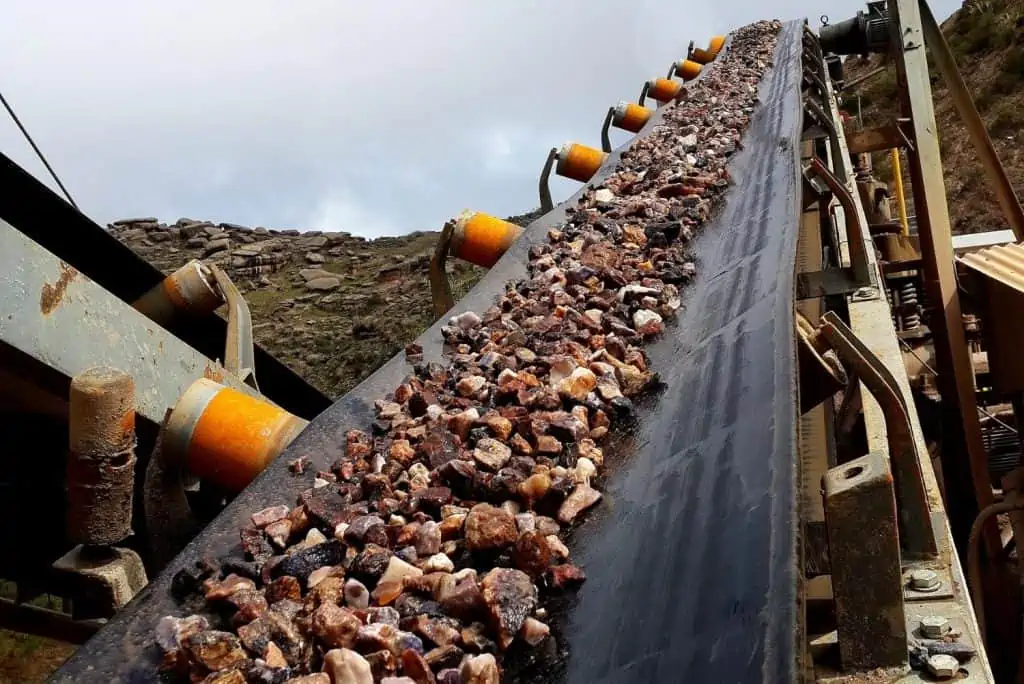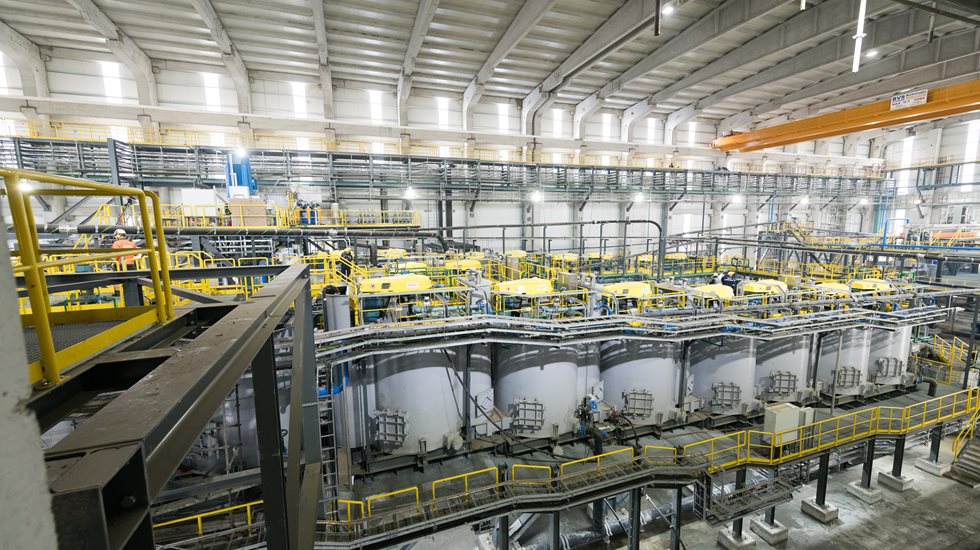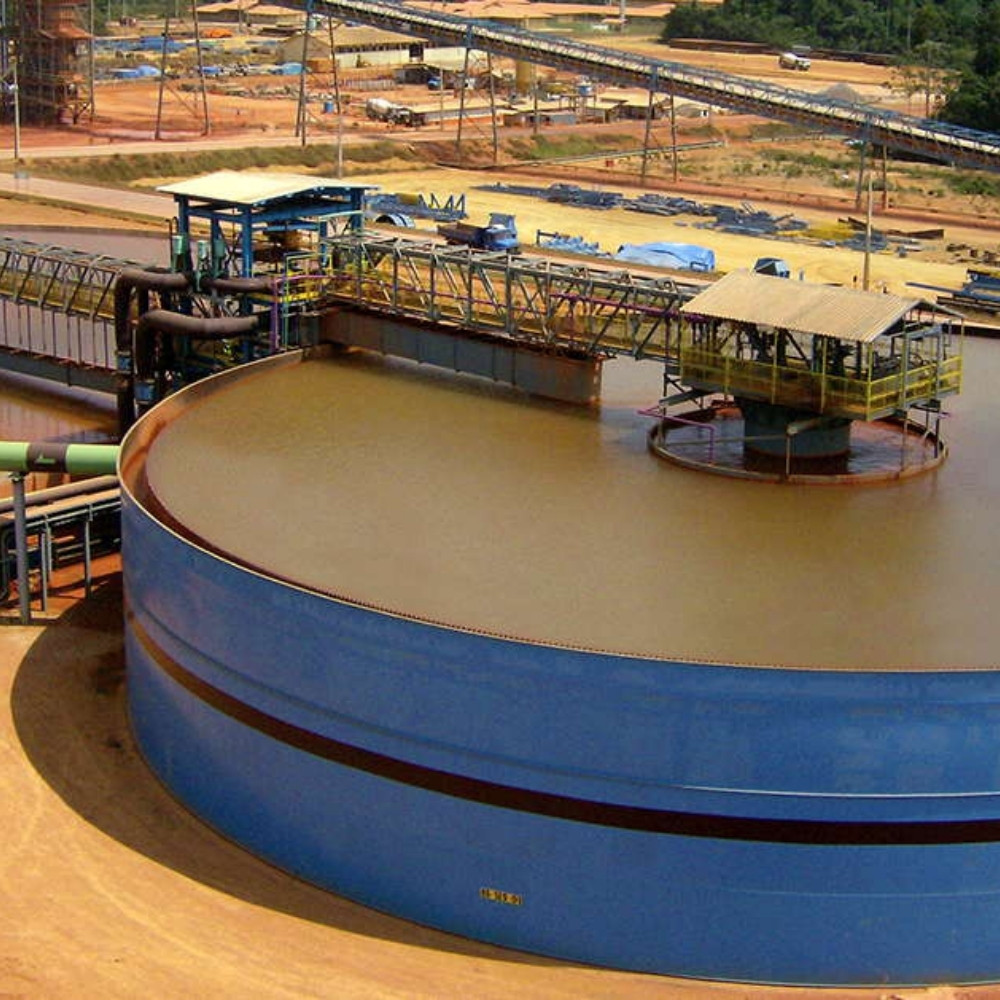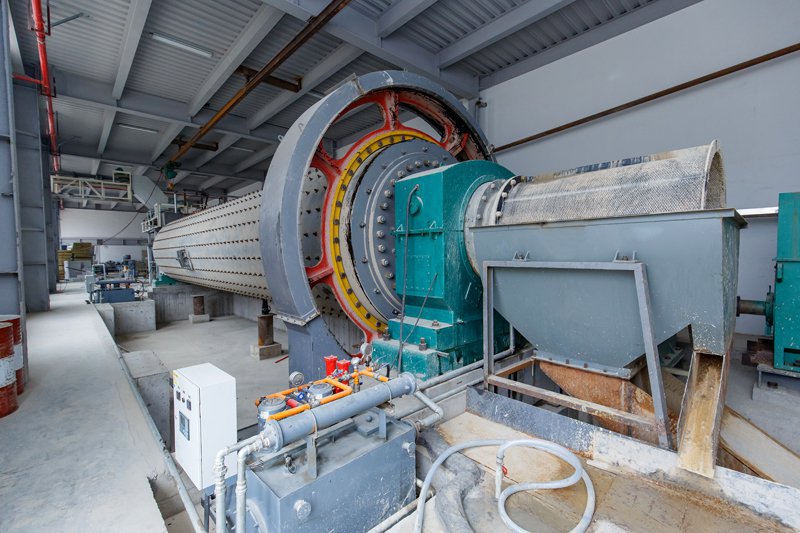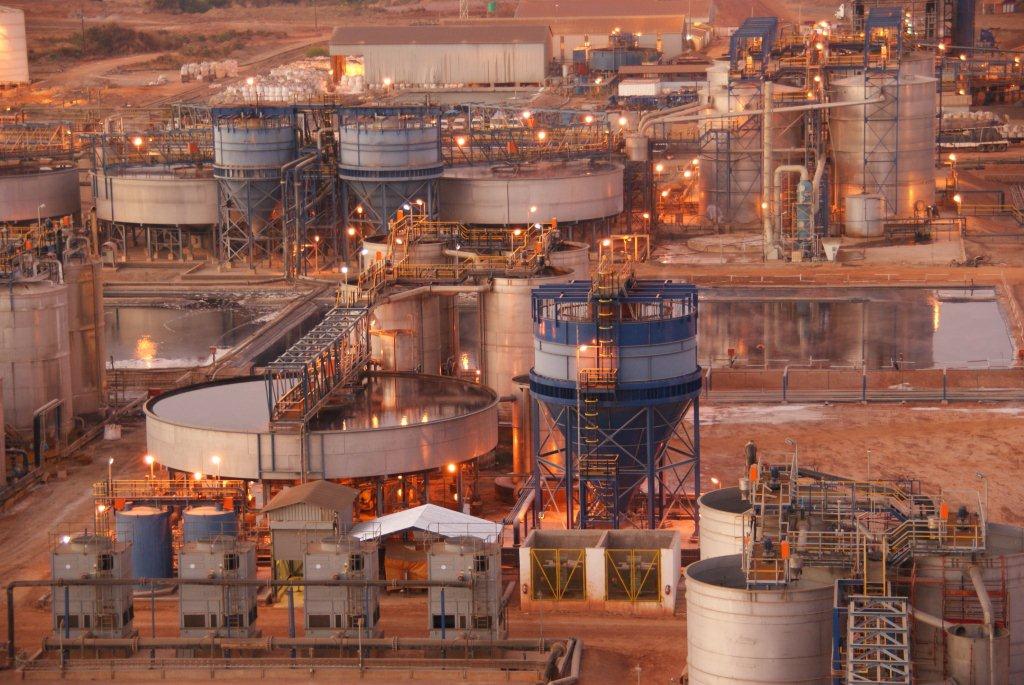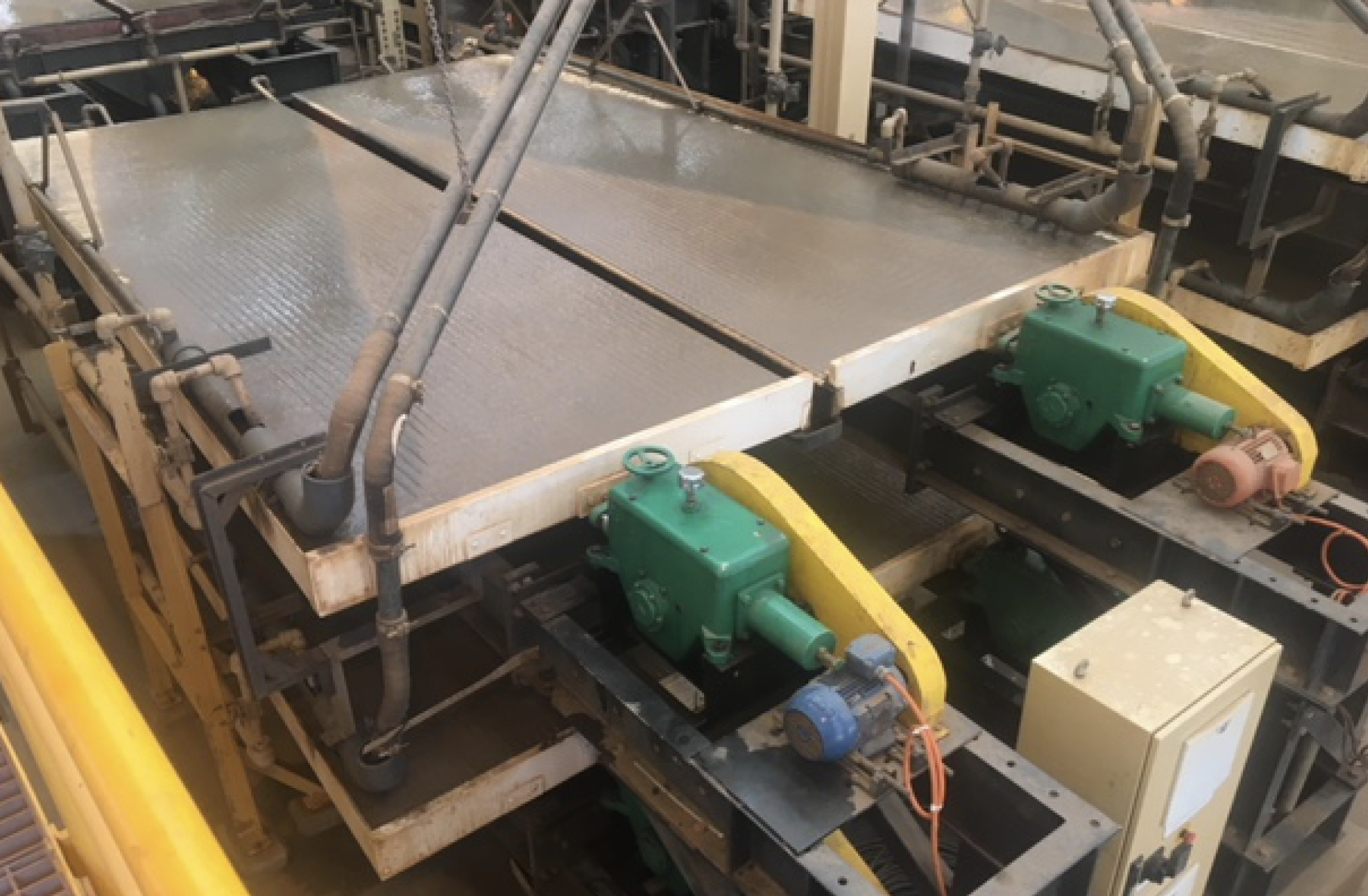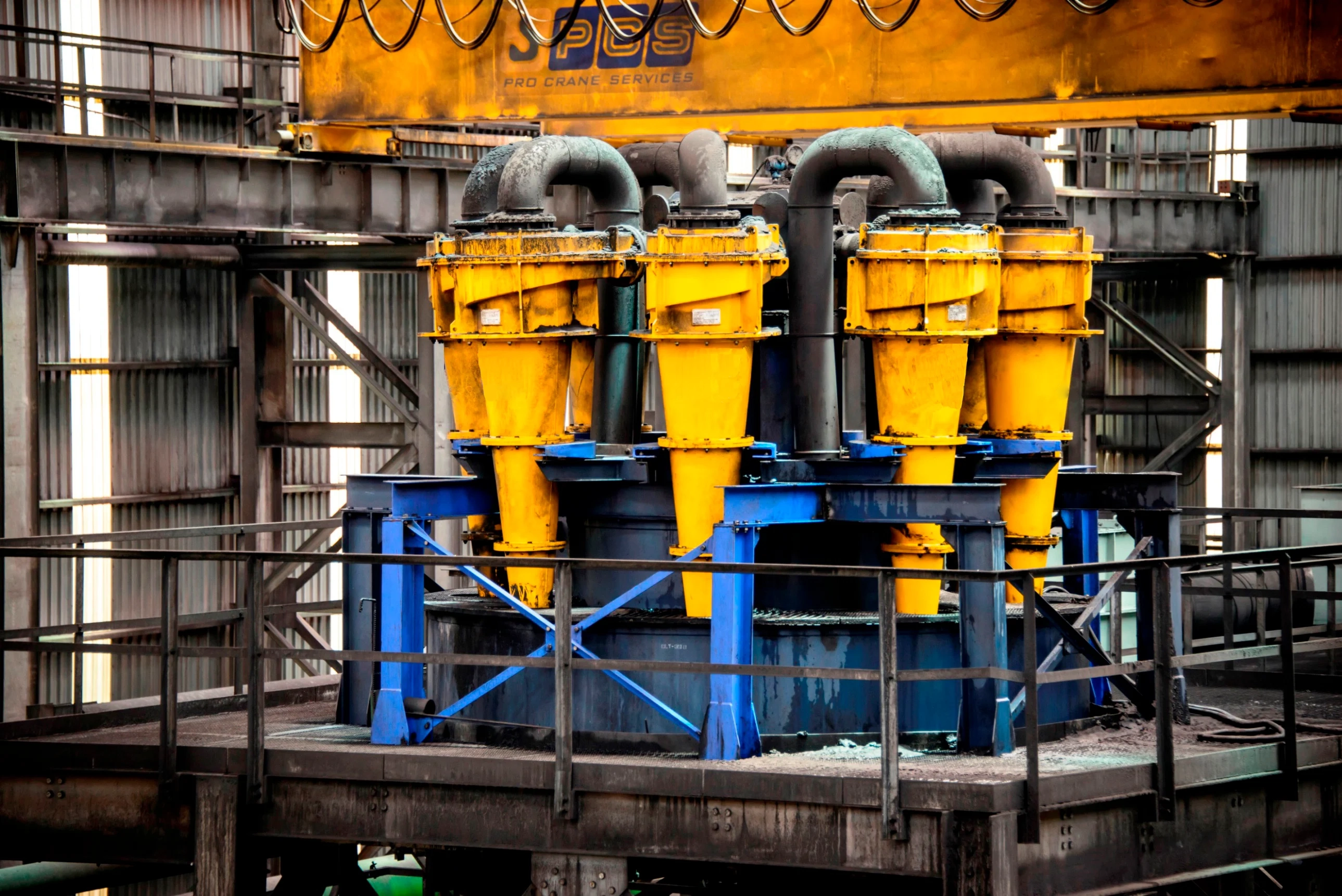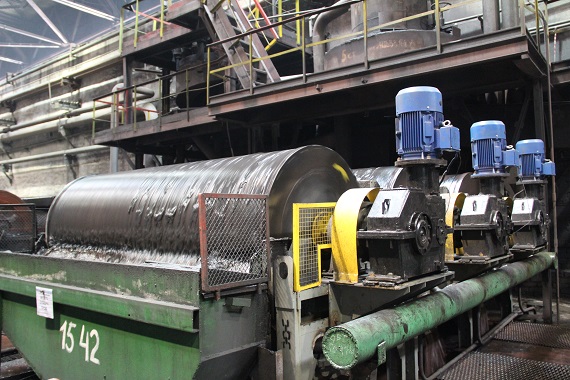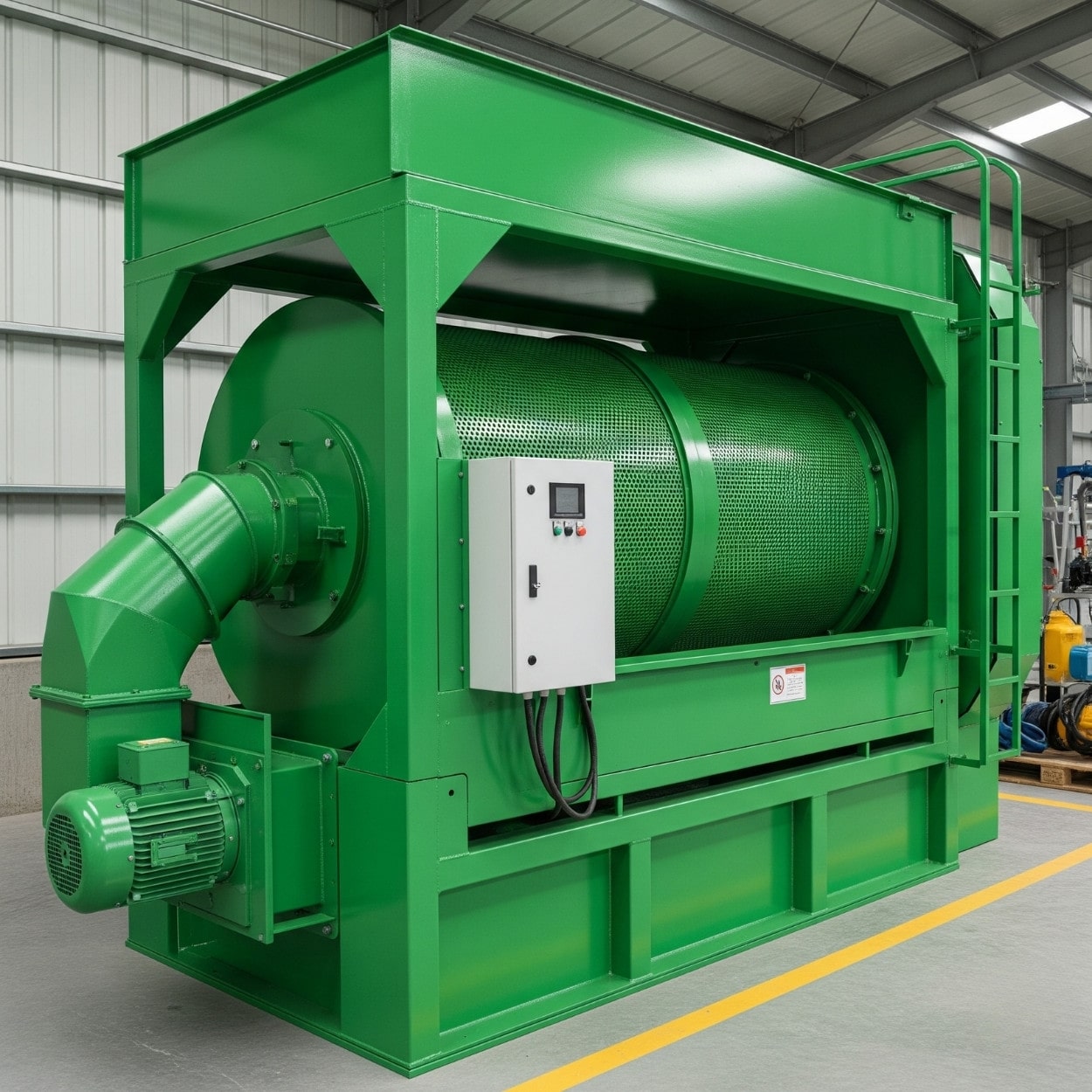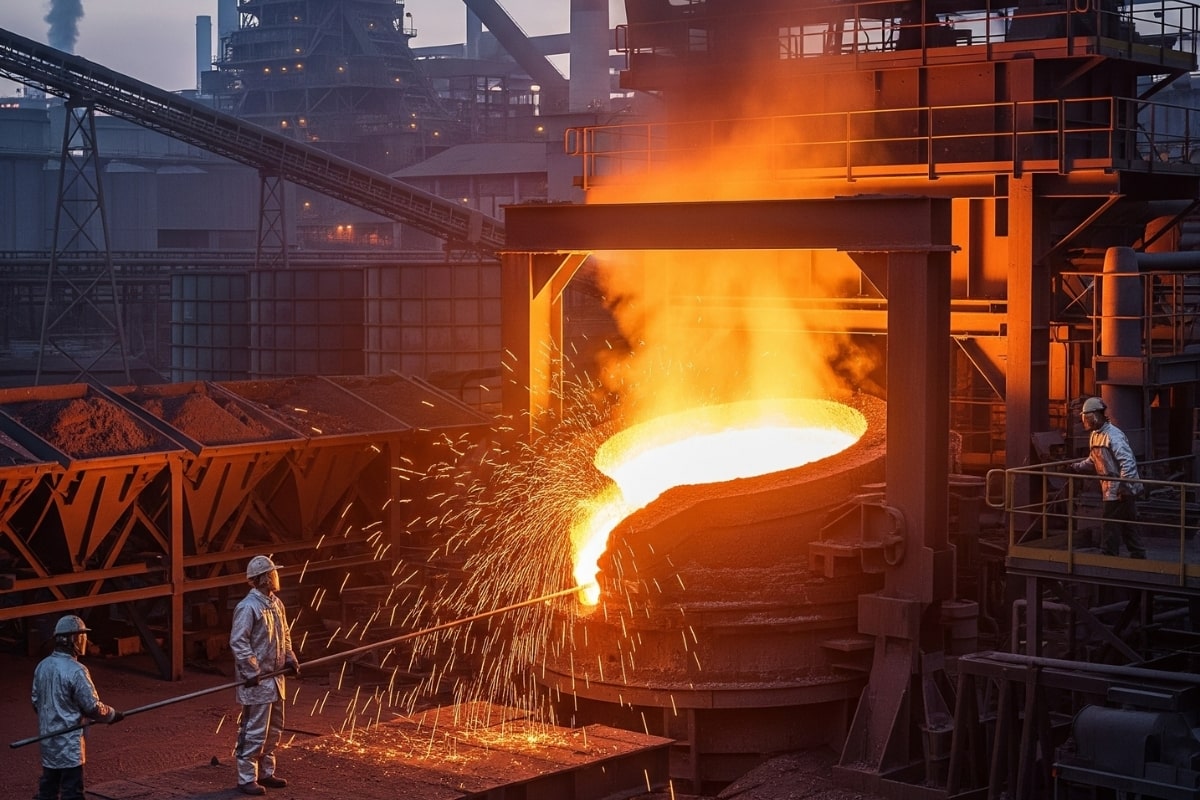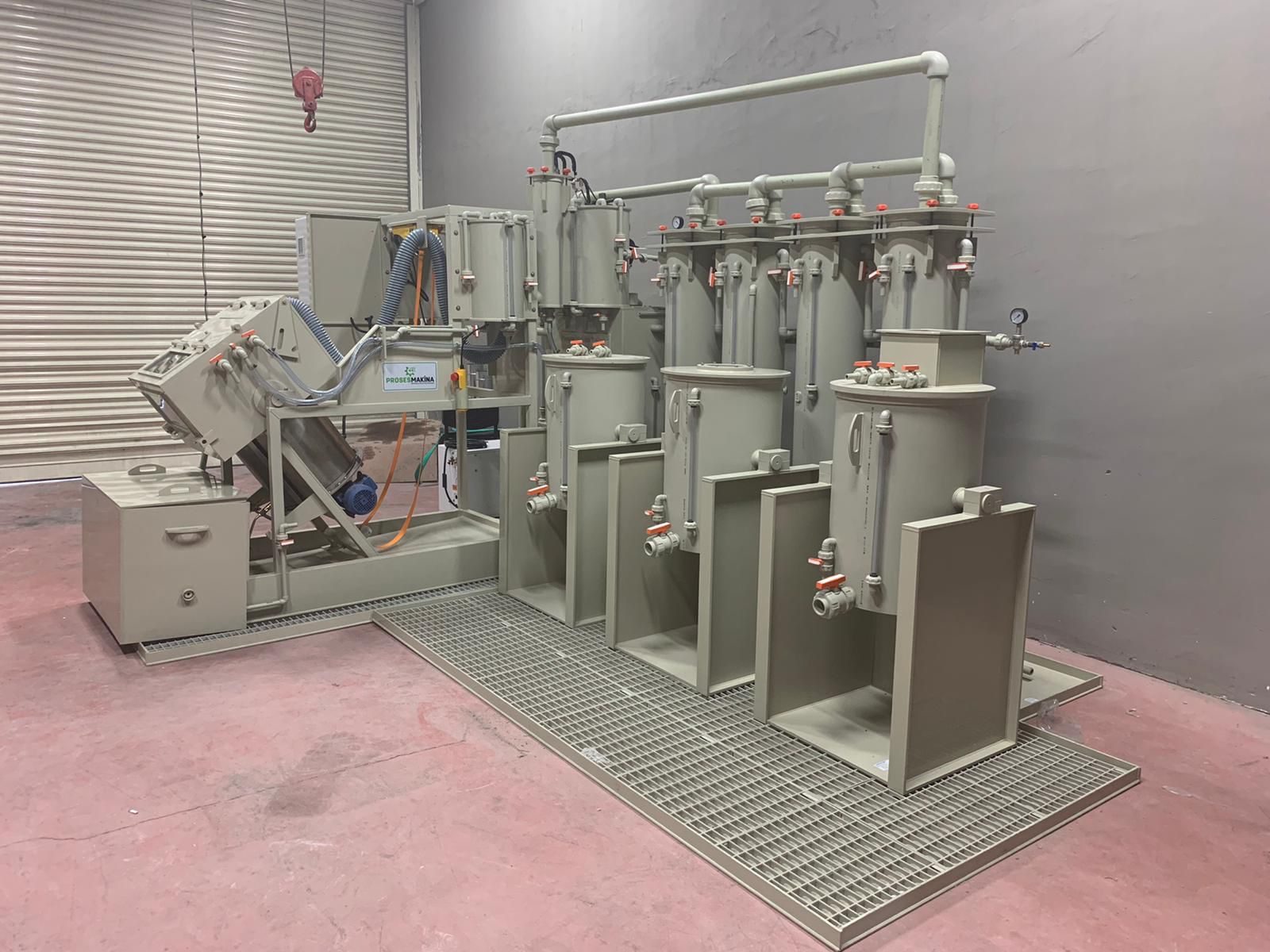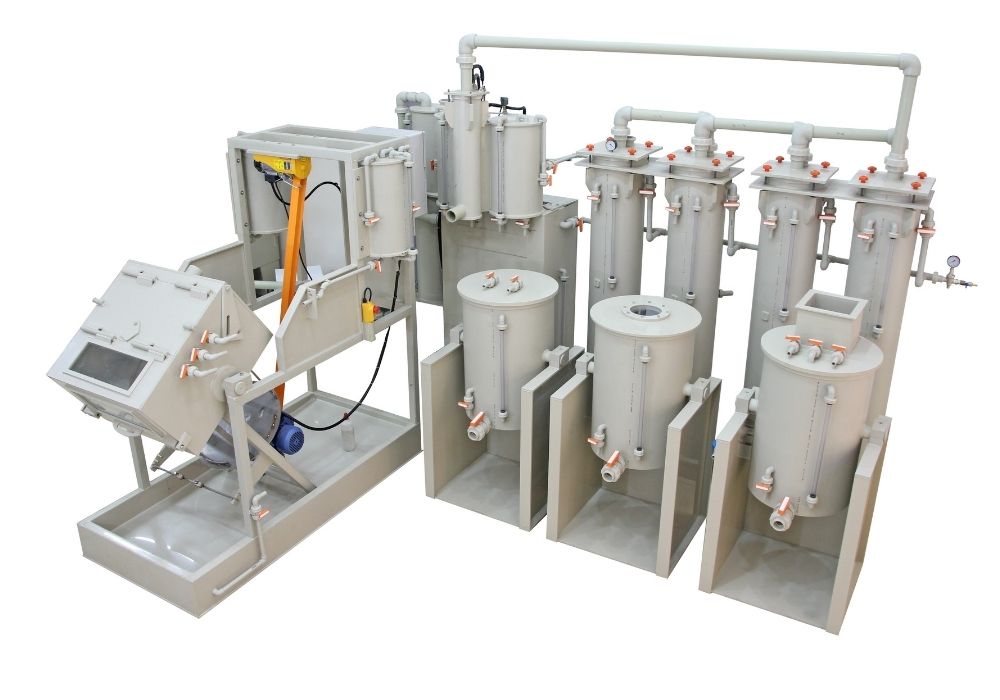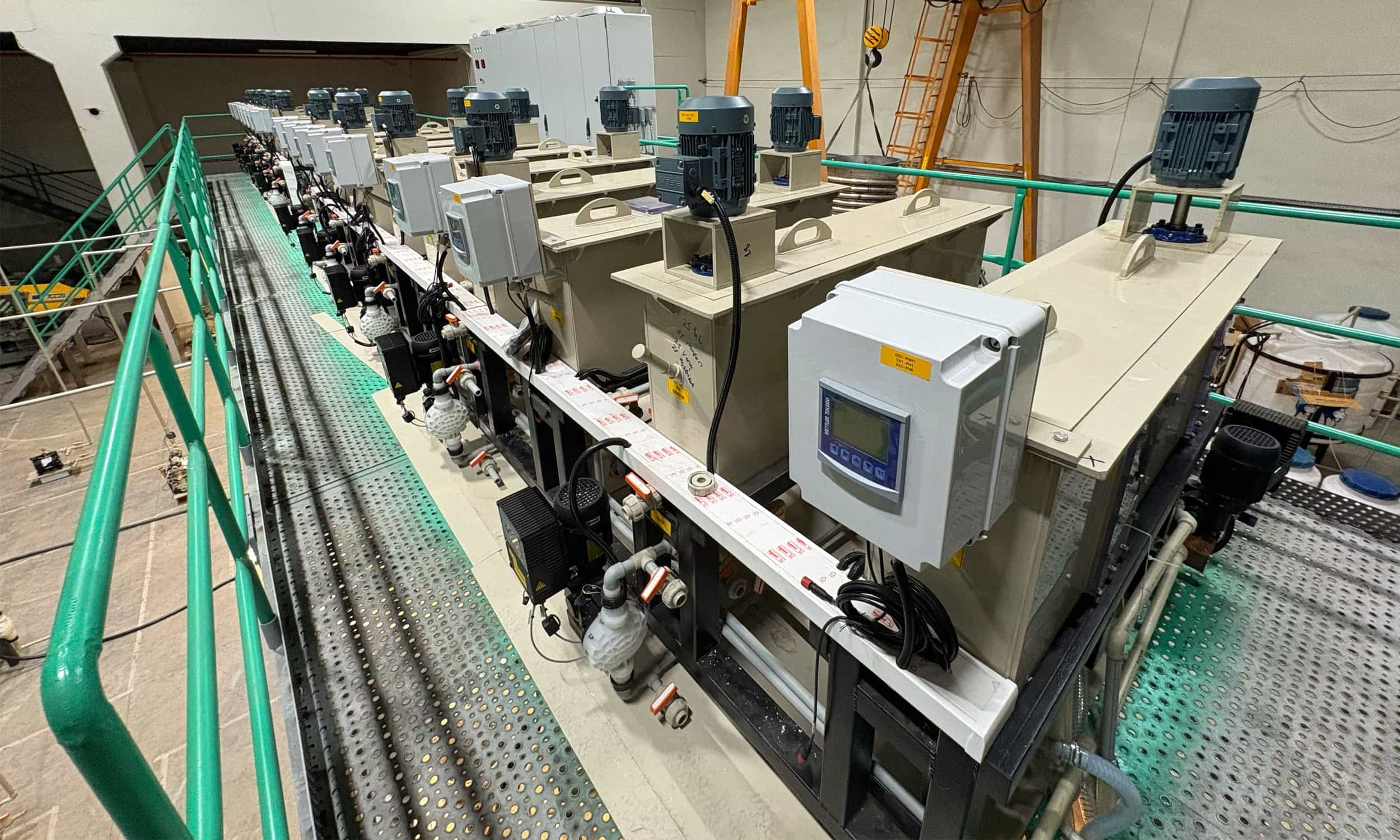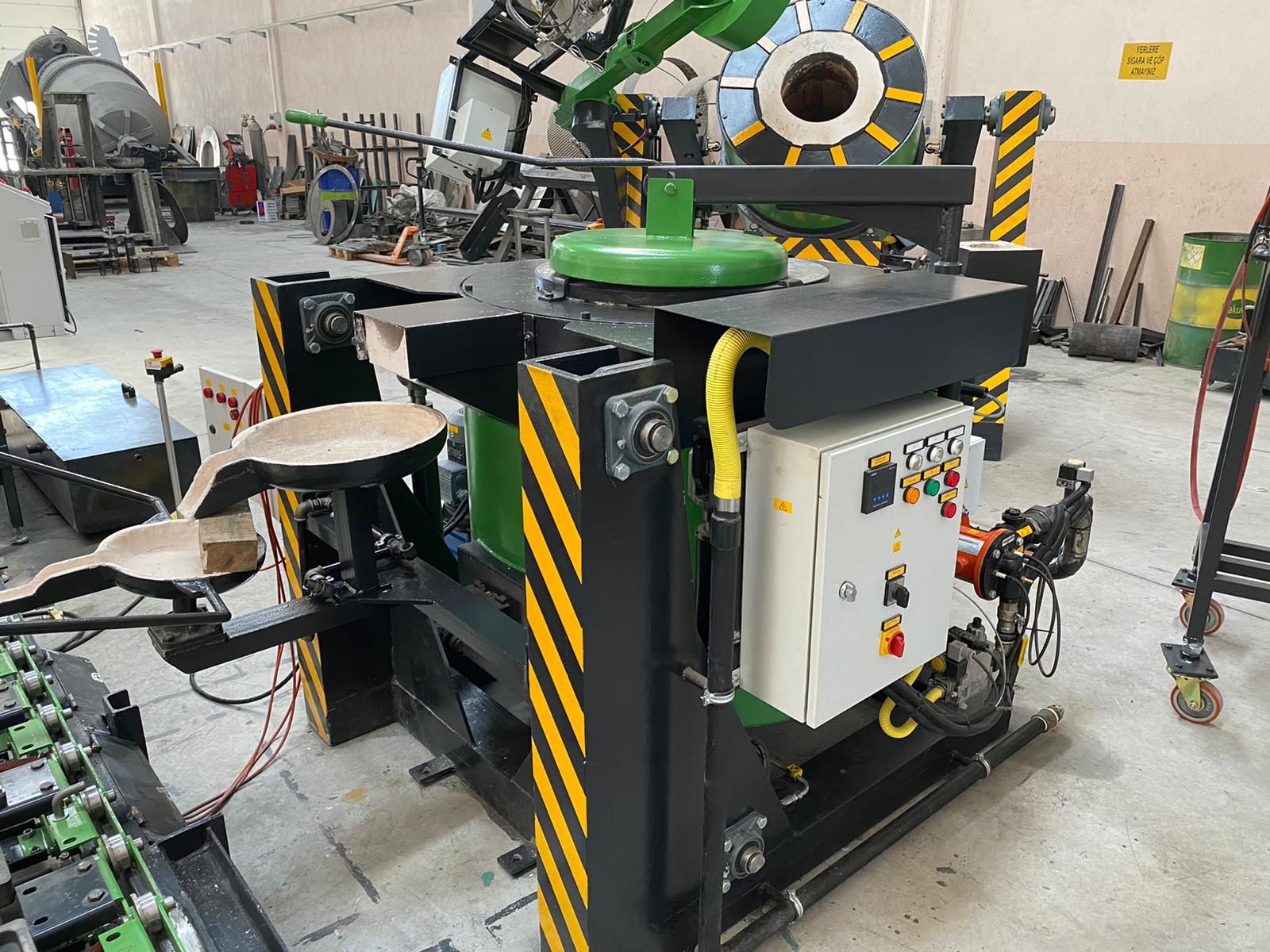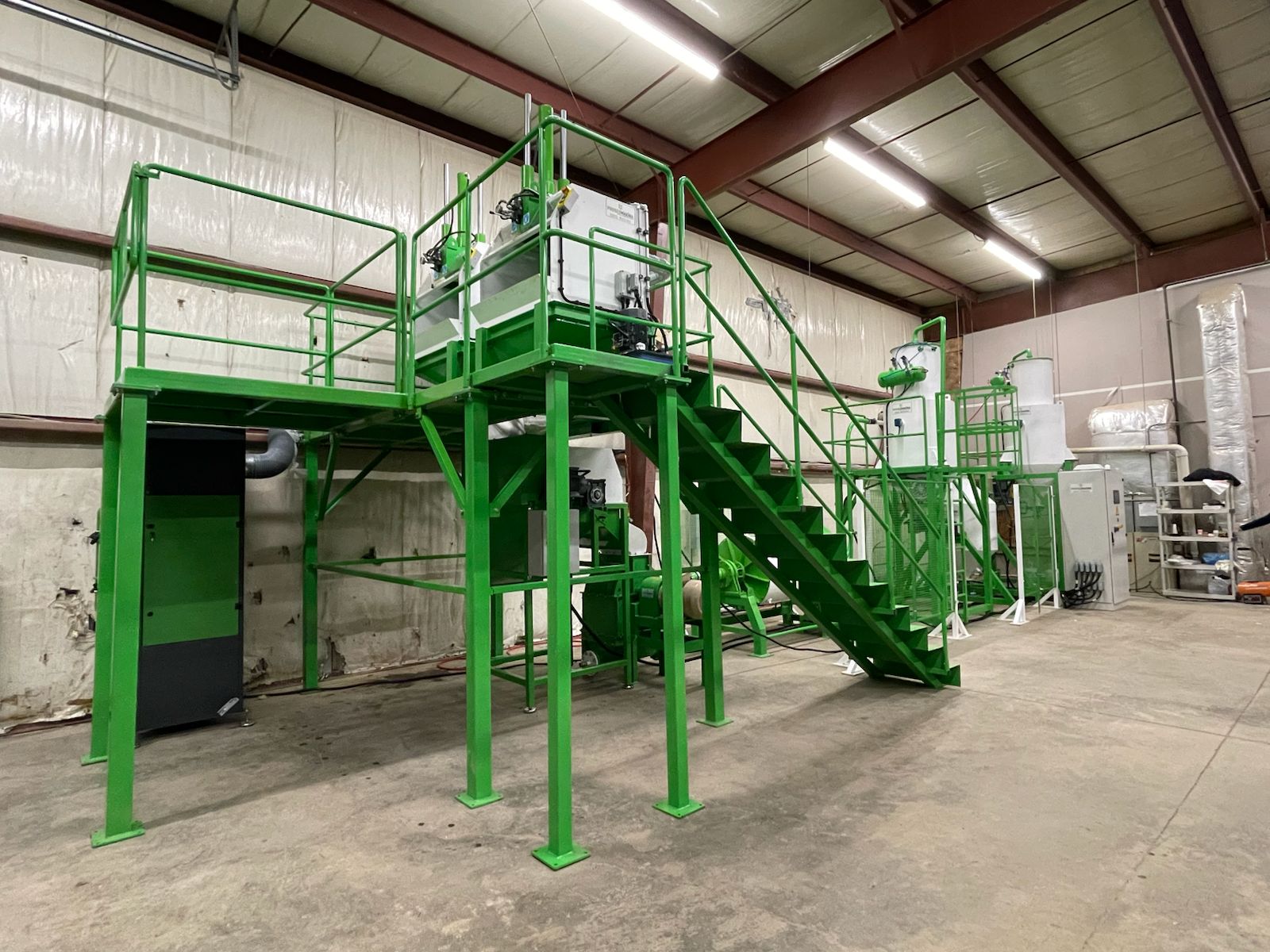In the dynamic world of recycling, achieving cost optimization and maintaining robust process control are essential for maximizing efficiency and sustainability. As the demand for effective waste management solutions continues to grow, recycling plants must innovate and adapt to stay competitive. This article delves into the vital concepts of cost optimization and process control, highlighting how these strategies can lead to improved operational effectiveness. We'll explore key techniques, the role of technology in enhancing operations, and share success stories that exemplify effective cost optimization strategies. Finally, we will outline actionable steps for implementing these principles in your own recycling plant, ensuring a sustainable and profitable future in an ever-evolving industry.Explore effective cost optimization strategies in recycling plants, enhancing operational efficiency through technology and process control for sustainable success.
Cost Optimization and Process Control in Recycling Plants
Cost optimization in recycling plants is a crucial aspect of enhancing operational efficiency and sustainability. By focusing on Cost Optimization and Process Control in Recycling Plants, facilities can significantly reduce waste, lower operational costs, and improve overall profitability. This process involves analyzing various stages of recycling operations to identify areas where costs can be minimized without compromising quality.
One of the key components of cost optimization is the evaluation of resource allocation. This includes examining staffing, equipment usage, and production workflows to ensure that every resource is utilized to its full potential. Implementing lean manufacturing principles can further enhance cost efficiency by streamlining processes, thus reducing excess waste in material handling and energy consumption.
Moreover, consistent process control plays an integral role in maintaining operational stability and predictability. By monitoring and adjusting key performance indicators (KPIs), recycling plants can ensure that processes remain within optimal parameters, allowing for quick identification and rectification of any inefficiencies. This continuously aligned operation supports the overarching goal of cost optimization.
Understanding the intricacies of cost optimization requires a dedicated approach that involves regular assessments and employee training. By fostering a culture of continuous improvement, recycling plants not only achieve financial benefits but also contribute positively to environmental sustainability through more effective resource management.
The Importance Of Process Control For Efficiency
Effective process control is a crucial component in ensuring the efficiency and profitability of recycling plants. By implementing robust process control measures, facilities can significantly enhance their operational performance, directly impacting Cost Optimization and Process Control in Recycling Plants.
Firstly, process control allows recycling plants to monitor and regulate their operations closely. This monitoring includes tracking variables such as temperature, pressure, and material flow rates. By maintaining these parameters within optimal ranges, plants can minimize waste, reduce energy consumption, and enhance the quality of recycled materials.
Moreover, a well-structured process control system helps in identifying issues promptly before they escalate into larger problems. For example, if a particular machine begins to malfunction or if the quality of input materials fluctuates, process control systems can issue alerts or take corrective actions automatically. This proactive approach not only saves time and money but also safeguards the overall integrity of the recycling operation.
Another key benefit of effective process control is the ability to streamline workflows. By standardizing procedures and utilizing automation, recycling plants can improve their operational speed and efficiency. This means that the time it takes to sort, process, and deliver recycled materials is significantly reduced. İncreasing the plant's overall output and profitability.
Furthermore, efficient process control contributes to compliance with environmental regulations by ensuring that recycling processes are performed correctly and safely. This not only helps in reducing fines and penalties but also builds a positive reputation in the industry.
Prioritizing process control in recycling plants is essential for driving efficiency and achieving Cost Optimization and Process Control in Recycling Plants. By investing in advanced process control technologies and methodologies, recycling facilities can enhance their operational performance. Maximize profits, and contribute to sustainable waste management practices.
Key Techniques For Cost Optimization And Process Control
Implementing effective cost optimization and process control in recycling plants involves a variety of techniques that can significantly enhance operational efficiency and profitability. Here are some of the key techniques that can be employed:
- Data Analysis and Performance Metrics: Gathering and analyzing data from various processes allows plant managers to identify inefficiencies and areas for improvement. Establishing performance metrics helps track progress and make informed decisions.
- Lean Manufacturing Principles: Applying lean methodologies helps in minimizing waste and maximizing value. Techniques such as 5S (Sort, Set in order, Shine, Standardize, Sustain) can streamline operations and reduce costs.
- Preventive Maintenance: Regular maintenance of machinery and equipment is crucial for ensuring optimal performance. A preventive maintenance schedule reduces the likelihood of breakdowns, leading to improved operational continuity and cost savings.
- Energy Efficiency: Upgrading to energy-efficient equipment and optimizing energy usage can significantly reduce operational costs. Regular monitoring of energy consumption helps identify areas where savings can be made.
- Training and Workforce Development: Investing in employee training ensures that staff are aware of best practices in operations and safety. A well-trained workforce can operate more effectively, contributing to reduced waste and improved process control.
- Supplier and Material Optimization: Building strong relationships with suppliers and utilizing high-quality materials can enhance the recycling process. Optimizing material flow and selecting the right suppliers can result in cost savings and better end products.
- Automation and Controls: Implementing automation technologies can streamline operations and reduce human error. Advanced control systems allow for real-time monitoring and adjustments, enhancing process control and efficiency.
- Continuous Improvement Programs: Establishing a culture of continuous improvement, such as through Six Sigma, enables ongoing assessment and refinement of processes. This commitment to improvement leads to long-term cost optimization and operational efficiency.
Utilizing these techniques is essential for effective cost optimization and process control in recycling plants, ultimately resulting in enhanced productivity and a better bottom line.
In today's recycling industry, technology plays a pivotal role in achieving effective Cost Optimization and Process Control in Recycling Plants. Advanced software systems and automation tools are enabling plants to monitor their operations in real-time, facilitating timely adjustments that lead to more efficient processing. These technologies help minimize waste, reduce operational costs, and enhance the overall productivity of recycling processes.
The Critical Role of Technology in Cost Optimization and Process Control
Moreover, data analytics is a game-changer in identifying inefficiencies and forecasting demand. By leveraging big data, recycling plants can optimize their supply chains and better anticipate fluctuations in material prices, ensuring that they maximize profitability while maintaining competitive pricing. Implementing predictive maintenance strategies also allows for the timely identification of equipment issues, helping to reduce downtime and maintenance costs.
Additionally, incorporating Iot devices can significantly improve process control by providing valuable insights into equipment performance and material flow. These devices facilitate seamless communication between different components of the recycling process, further enhancing operational efficiency. As plants embrace these technological advancements, they are better equipped to adapt to industry changes and regulatory requirements.
Integrating technology into recycling plant operations is not just about keeping pace with industry advancements; it is a strategic necessity for achieving long-term sustainability and success. By focusing on Cost Optimization and Process Control in Recycling Plants, facilities can ensure they remain competitive and responsive to the evolving demands of the marketplace.
Success Stories: Effective Cost Optimization Strategies
Many recycling plants have successfully implemented strategies for Cost Optimization and Process Control in Recycling Plants, leading to substantial improvements in their operational efficiency and profitability. One notable example is a mid-sized facility that identified inefficiencies in its sorting process. By investing in automated sorting technology and refining their staff training program, they reduced labor costs by 25% while also increasing product purity.
Another success story comes from a large recycling company that adopted a data analytics-driven approach. They utilized real-time data to monitor equipment performance, which allowed them to predict downtime and perform proactive maintenance. This shift not only minimized disruption in operations but also significantly lowered unplanned maintenance costs, illustrating the powerful impact of smart technology in process control.
Additionally, a small community recycling initiative embarked on a strategic partnership with local businesses to streamline their supply chain. By consolidating their collection routes and leveraging a shared facility, they achieved a remarkable 30% reduction in transportation costs, showcasing how collaboration can be a key driver in Cost Optimization and Process Control in Recycling Plants.
These success stories highlight the diversity of approaches available to recycling plants aiming for cost optimization and improved process control. By learning from these examples, others in the industry can develop their unique strategies to enhance operational performance and sustainability.
Steps To Implement Cost Optimization In Your Plant
Implementing Cost Optimization and Process Control in Recycling Plants requires a systematic approach that involves several key steps. First, assess your current operational processes to identify inefficiencies and areas for improvement. Utilize data analytics to gather insights on material flows, energy consumption, and labor utilization. This initial assessment will serve as a benchmark for measuring progress after optimization efforts.
Next, engage your team in developing a comprehensive strategy tailored to your plant’s unique needs. Involve all stakeholders, as insights from different departments can highlight potential cost-saving areas. Once your plan is in place, prioritize key initiatives based on their potential impact and feasibility.
After prioritization, begin implementing changes incrementally, monitoring performance closely at each stage. Use technologies and automation tools to streamline processes and minimize waste. Regular training sessions for your staff will also ensure they are equipped with the necessary skills to embrace the changes.
Establish a feedback loop to routinely analyze performance metrics, ensuring your cost optimization strategies yield desired results. Ongoing evaluation reinforces process control and highlights new savings opportunities, making your recycling plant more efficient and economically viable.

